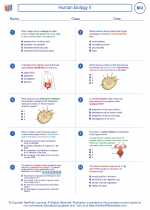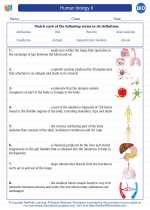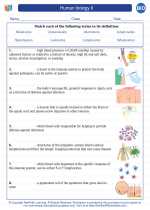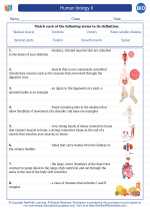Linguistic Anthropology
Linguistic anthropology is the study of how language influences social life. It explores the relationship between language, culture, and society, and how language shapes and is shaped by human behavior and social structures.
Key Concepts in Linguistic Anthropology
- Language and Culture: The ways in which language reflects and constructs cultural practices and beliefs.
- Social Identity: How language is used in the construction and negotiation of social identities, such as ethnicity, gender, and class.
- Language Change: The dynamics of language change over time and its implications for human societies.
- Language and Power: The role of language in relations of power, dominance, and resistance.
- Language and Cognition: The influence of language on thought processes and cognitive structures.
Methods in Linguistic Anthropology
Linguistic anthropologists use a variety of methods to study language in its cultural context, including:
- Participant Observation: Immersing themselves in a community to observe and document language use in everyday life.
- Fieldwork: Conducting interviews and collecting linguistic data in the field, often in collaboration with native speakers.
- Discourse Analysis: Analyzing the structure and use of language in different social contexts, such as political discourse or media communication.
- Historical Linguistics: Tracing the historical development of languages and language families to understand their connections and changes over time.
Applications of Linguistic Anthropology
Linguistic anthropology has practical applications in various fields, including:
- Language Documentation: Preserving endangered languages and promoting linguistic diversity.
- Education and Literacy: Understanding the role of language in education and promoting literacy in diverse linguistic communities.
- Applied Linguistics: Using linguistic insights to address real-world issues, such as language policy, language revitalization, and language planning.
- Intercultural Communication: Enhancing cross-cultural understanding and effective communication in multicultural settings.
Study Guide
To study linguistic anthropology, consider the following key topics and activities:
- Readings: Explore foundational texts in linguistic anthropology by scholars such as Dell Hymes, Edward Sapir, and Benjamin Lee Whorf.
- Fieldwork: Conduct a small-scale language study within a community or social group to observe and document language use in context.
- Language Change: Research and analyze a case of language change or language contact, and discuss its implications for the community involved.
- Language and Identity: Investigate how language is used to construct and negotiate social identities, and examine its impact on individual and group behavior.
- Applied Project: Develop a practical project that applies linguistic anthropological insights to address a specific social or cultural issue related to language.
◂Biology Worksheets and Study Guides High School. Human biology II
Worksheet/Answer key Human biology II
Human biology II  Worksheet/Answer key
Worksheet/Answer key Human biology II
Human biology II  Worksheet/Answer key
Worksheet/Answer key Human biology II
Human biology II  Vocabulary/Answer key
Vocabulary/Answer key Human biology II
Human biology II  Vocabulary/Answer key
Vocabulary/Answer key Human biology II
Human biology II  Vocabulary/Answer key
Vocabulary/Answer key Human biology II
Human biology II  Vocabulary/Answer key
Vocabulary/Answer key Human biology II
Human biology II  Vocabulary/Answer key
Vocabulary/Answer key Human biology II
Human biology II  Vocabulary/Answer key
Vocabulary/Answer key Human biology II
Human biology II  Vocabulary/Answer key
Vocabulary/Answer key Human biology II
Human biology II 

 Worksheet/Answer key
Worksheet/Answer key
 Worksheet/Answer key
Worksheet/Answer key
 Vocabulary/Answer key
Vocabulary/Answer key
 Vocabulary/Answer key
Vocabulary/Answer key
 Vocabulary/Answer key
Vocabulary/Answer key
 Vocabulary/Answer key
Vocabulary/Answer key
 Vocabulary/Answer key
Vocabulary/Answer key
 Vocabulary/Answer key
Vocabulary/Answer key
 Vocabulary/Answer key
Vocabulary/Answer key

The resources above cover the following skills:
LIFE SCIENCE (NGSS)
From Molecules to Organisms: Structures and Processes
Students who demonstrate understanding can:
Develop and use a model to illustrate the hierarchical organization of interacting systems that provide specific functions within multicellular organisms.
Plan and conduct an investigation to provide evidence that feedback mechanisms maintain homeostasis.